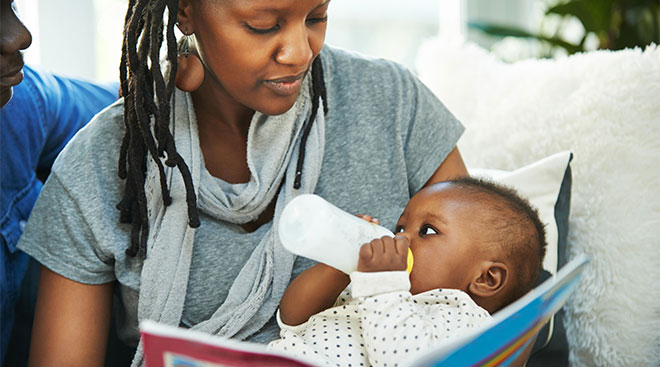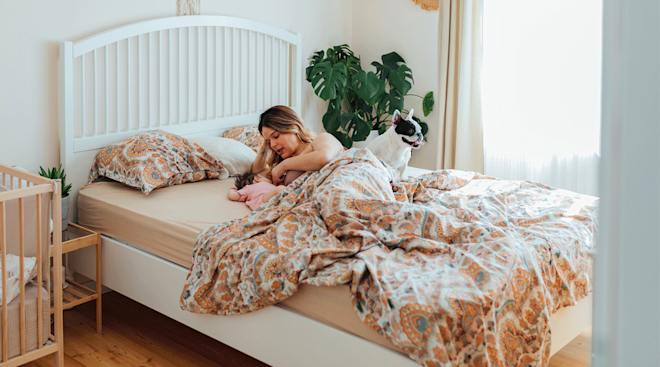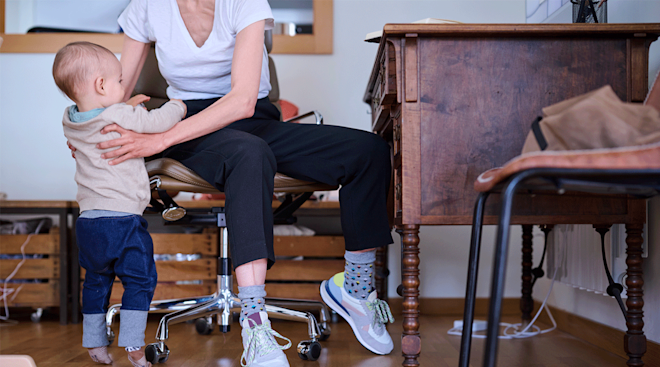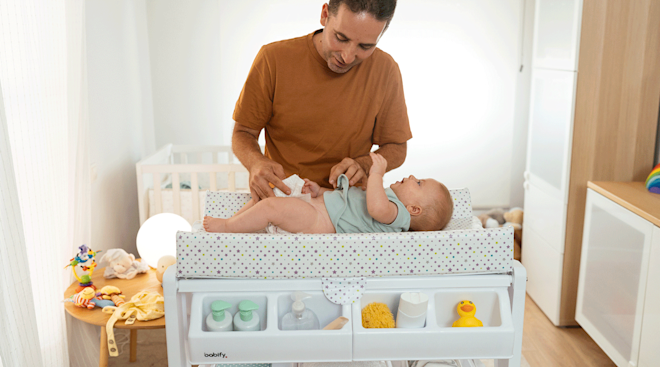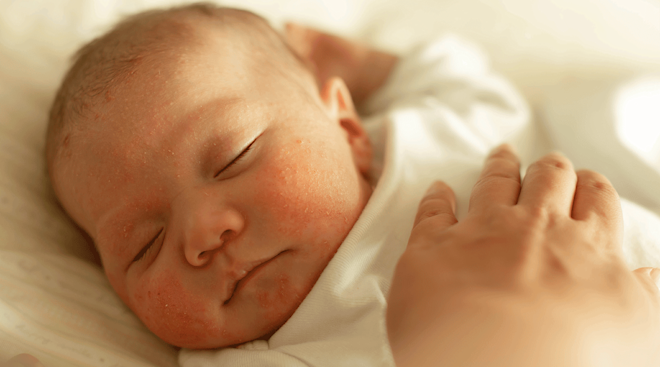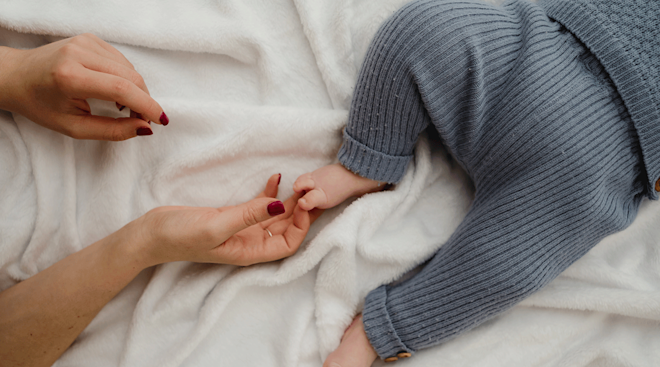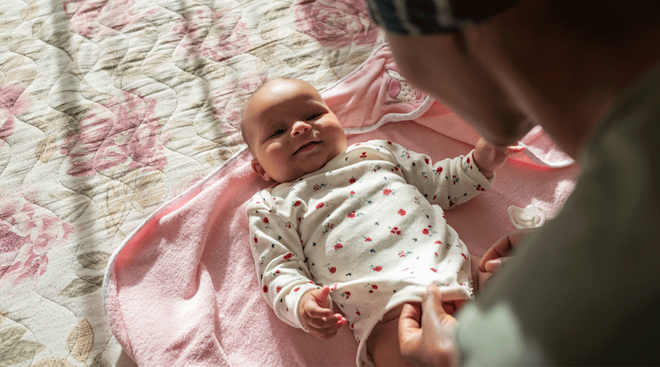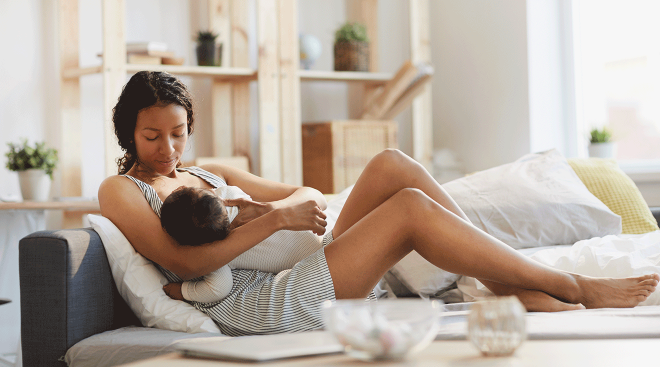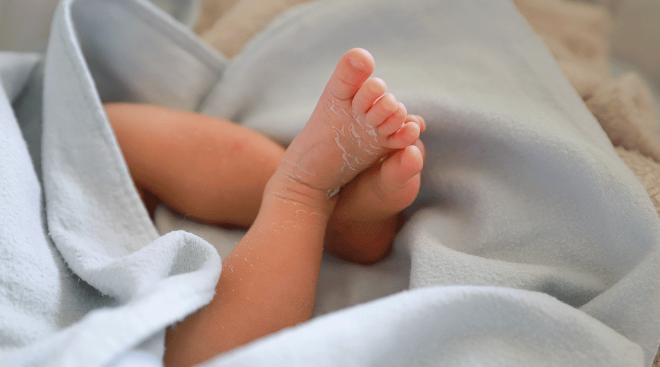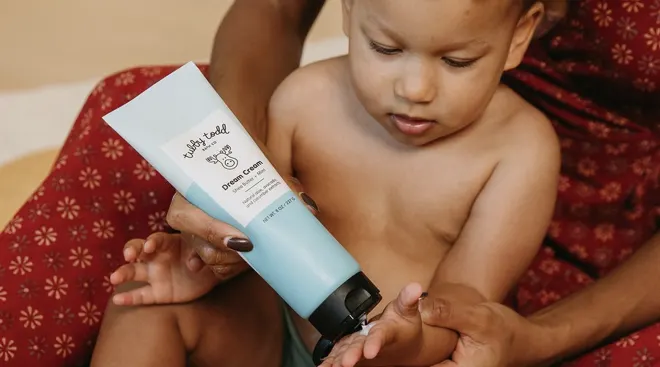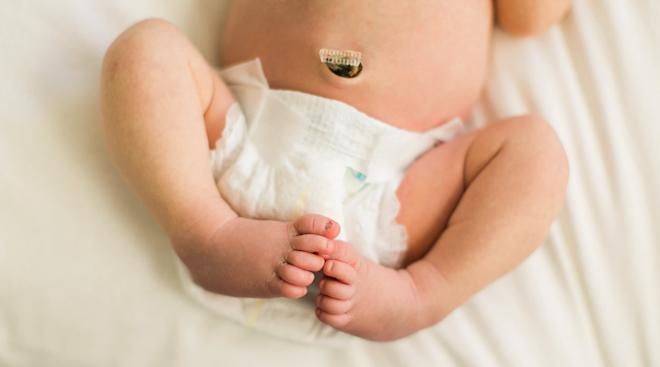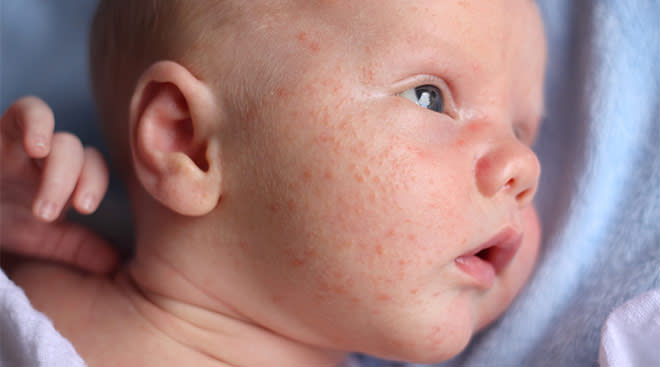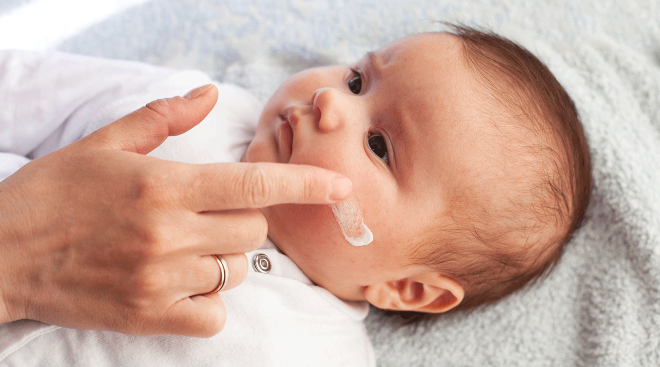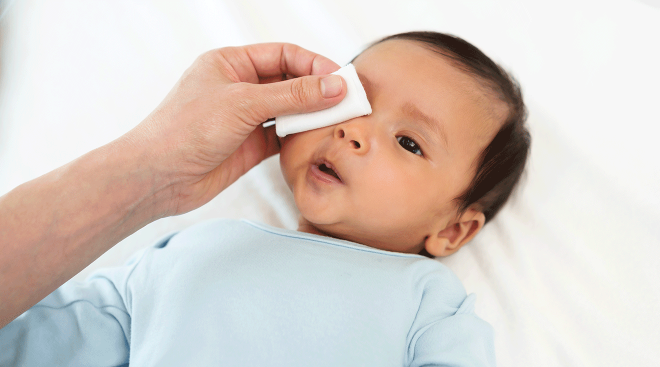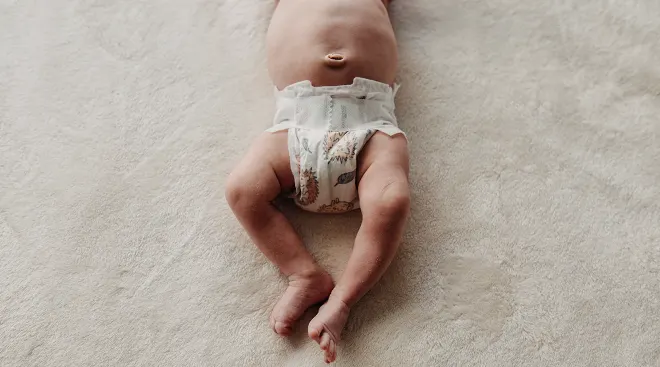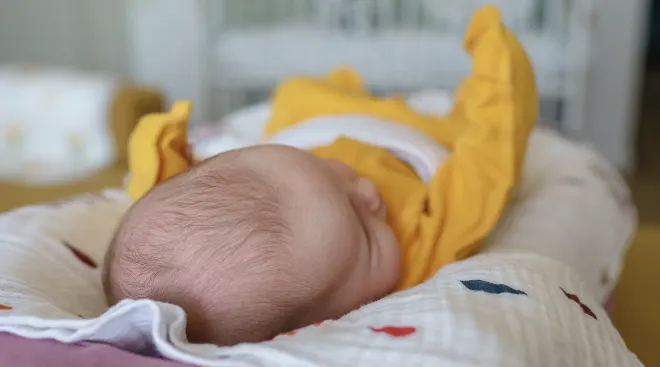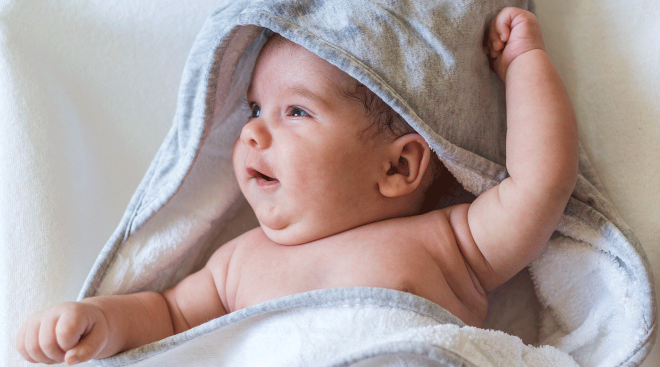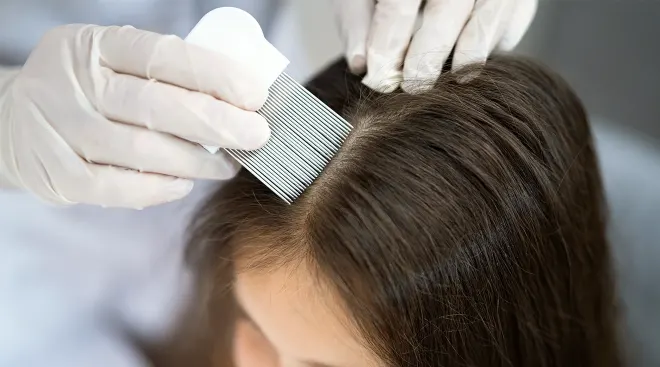6 Ways to Keep Baby Healthy
During cold and flu season, it’s tough enough keeping yourself from getting sick, let alone your brand-new baby (with a brand-new immune system). But it’s totally possible. We spoke with Alanna Levine, MD, the managing partner at Orangetown Pediatric Associates in Tappan, New York, to give you six easy tips for keeping baby healthy:
We know you want to show off your new baby, but during the first two months, try not to take them anywhere where there will be crowds of people. “If a newborn baby gets a fever of 100.4 or higher, they’ll have to go to the hospital and get a complete workup,” says Levine. So it’s just not worth bringing them around all those germs. “Don’t take them to shopping centers or restaurants,” says Levine. “Outdoor spaces are perfectly fine, but you don’t want to risk someone coming over and sticking their face close to the stroller.”
It may seem paranoid or nitpicky, but it really is important that you ask anyone who’s going to hold your newborn to wash their hands first. Luckily, personal hygiene is an area more people have been paying attention to since the pandemic. That will help prevent the spread of cold, flu, covid and other viruses to your little one. If you know a family member is sick, ask them to wait until they’re better before they visit with the baby, no matter how excited they are about it.
If you’re nursing and you’ve got a cold, the flu or covid, you shouldn’t stop breastfeeding baby. In fact, through breast milk you’ll be giving them antibodies to whatever you’ve got through your breast milk. “You’ve probably passed along immunity to them,” explains Levine.
Babies aren’t eligible for the flu shot or covid vaccine until they’re at least 6 months old. As for the whooping cough (aka pertussis) vaccine, it takes a series of shots before baby is fully immunized. You can help protect your child, Levine says, by making sure you get a covid shot, flu shot and a booster for the pertussis vaccine, if you haven’t had one recently (check with your doctor if you’re unsure whether you need one). “Get immunized soon after delivery,” says Levine. “I recommend that anyone who’ll be caring for your baby get immunized too.”
If you’ve got an older child in daycare or school and you’re worried about them bringing germs home, you obviously don’t want to do anything extreme, like send them off to a relative’s house for two months or freak out every time they want to touch the baby. “You don’t want your older child to feel like they’re a threat to the baby,” says Levine. “It’s important to be cognizant of [their] feelings.”
Instead, teach them proper infant etiquette: Always wash your hands before holding the baby. Cover your sneezes and coughs. Blow your nose into a tissue and throw it in the trash can. And be sure not to schedule any playdates at your home until baby’s out of the newborn phase.
Most daycares have specific rules regarding bringing sick kids in: Baby may not be allowed back there until they’ve been fever-free for at least 24 hours. Rules like this are in place for a reason, so illnesses don’t spread as easily. Sure, if your kid’s the sick one, it doesn’t help you out, but it’s important for all parents to respect the rules. The idea is that at some point, they’ll help keep your kid healthy.
Have an older baby or toddler? Levine also stresses that making sure they’re eating healthfully (a variety of nutritious foods) and sleeping enough is important for keeping them healthy. “A 1-year-old should sleep about 12 to 14 hours combined throughout the day and night,” she says. Of course, that doesn’t mean your child will never get sick. “It’s normal for a small child to get about 12 respiratory illnesses in a year—that means your child could be sick as often as once a month,” explains Levine. “That concerns some parents, but as long as there are no serious infections, it’s nothing to worry about.”
Please note: The Bump and the materials and information it contains are not intended to, and do not constitute, medical or other health advice or diagnosis and should not be used as such. You should always consult with a qualified physician or health professional about your specific circumstances.
Alanna Levine, MD, is the managing partner at Orangetown Pediatric Associates in Tappan, New York.
Learn how we ensure the accuracy of our content through our editorial and medical review process.
Navigate forward to interact with the calendar and select a date. Press the question mark key to get the keyboard shortcuts for changing dates.
































